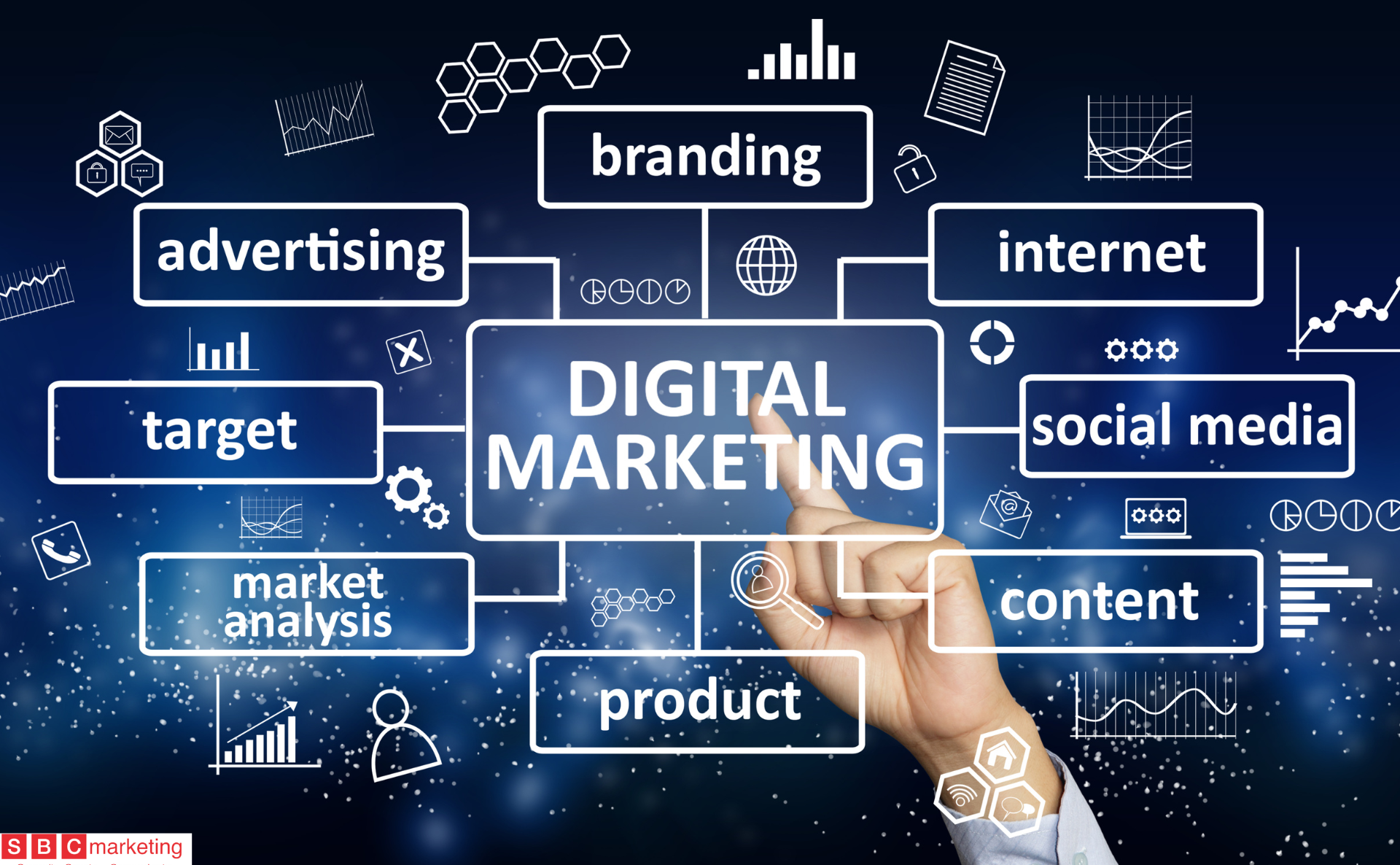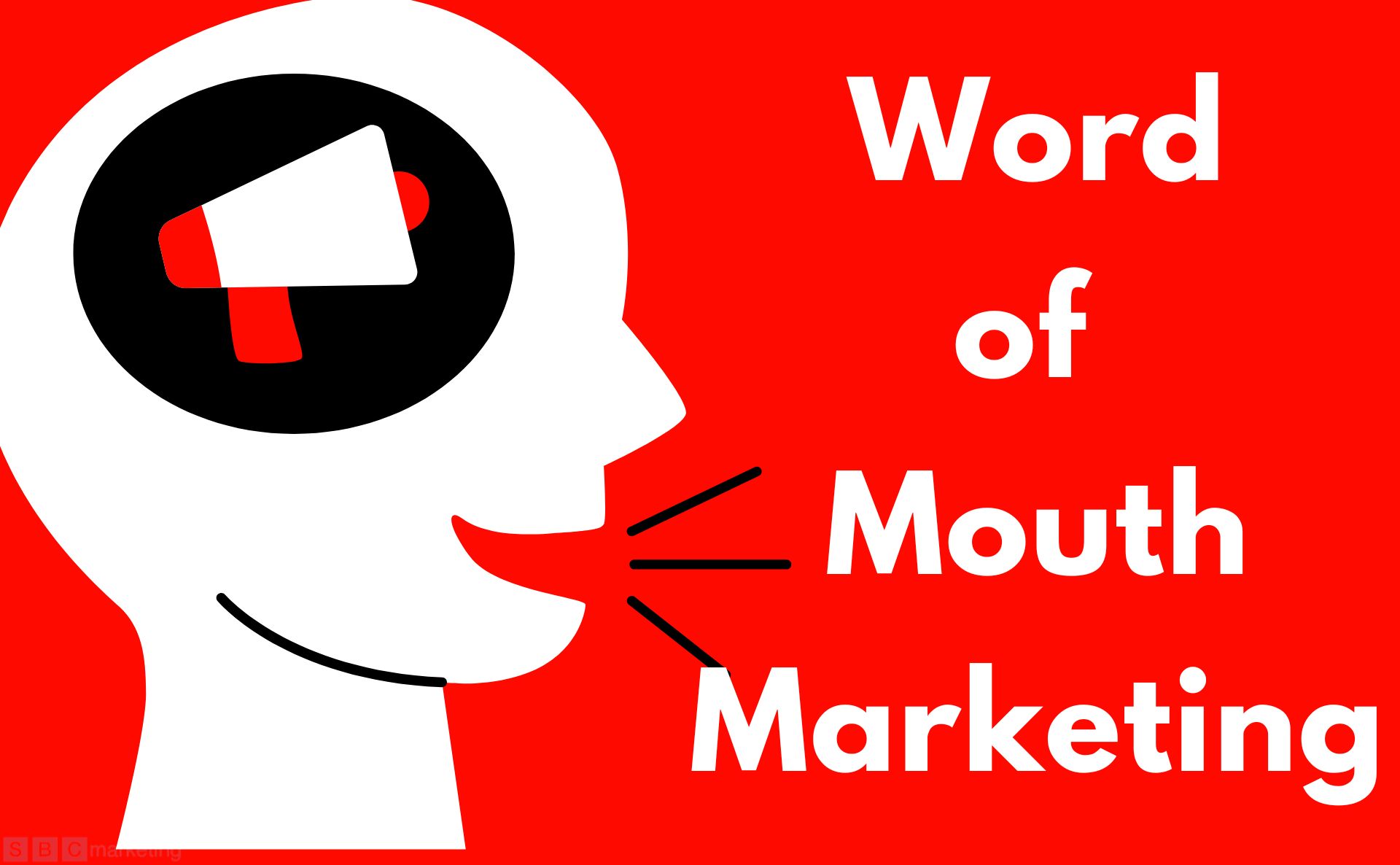Digital marketing is a versatile and powerful tool that can address a wide range of business challenges and opportunities. It encompasses various online strategies and channels to reach, engage, and convert target audiences. In this extensive exploration, we will delve into the problems that digital marketing can effectively solve, organized into several key categories:
- Visibility and Brand Awareness:One of the primary problems digital marketing can tackle is the lack of visibility and brand recognition. By leveraging search engine optimization (SEO), pay-per-click (PPC) advertising, and social media marketing, businesses can enhance their online presence, ensuring their brand is discoverable to a broader audience.
- SEO optimizes a website to rank higher in search engine results, making it more likely that potential customers will find your business when searching for relevant keywords. This boosts brand visibility and credibility.
- PPC advertising allows businesses to bid on keywords and display ads to users searching for those terms. It’s an effective way to gain immediate visibility and attract potential customers.
- Social media marketing enables businesses to create a strong online presence and engage with their target audience. Platforms like Facebook, Instagram, and Twitter provide a channel to showcase products or services and build brand recognition.
- Audience Targeting and Segmentation:Digital marketing allows for precise audience targeting, which is crucial for reaching the right people with the right message at the right time. This solves the problem of broad and ineffective marketing campaigns.
- Social media advertisingprovides in-depth audience segmentation options, allowing businesses to target users based on demographics, interests, and behavior.
- Email marketing can be highly targeted, delivering personalized content to segmented lists, ensuring that the message resonates with the audience.
- Lead Generation and Customer Acquisition:For businesses, generating leads and acquiring new customers is often a top priority. Digital marketing offers several avenues to achieve this:
- Content marketing through blogs, e-books, and videos attracts potential customers by providing valuable information. By capturing their interest, businesses can convert them into leads.
- Landing pages are designed specifically for lead generation. They often include forms for visitors to provide their contact information in exchange for something valuable, like a whitepaper or a discount.
- Engagement and Relationship Building:Building and maintaining relationships with customers are key components of successful marketing. Digital marketing can facilitate this through:
- Email marketing allows for regular communication with customers, keeping them engaged and informed about new products, promotions, and industry insights.
- Social media marketing fosters a two-way communication channel where businesses can engage with customers, respond to inquiries, and build a loyal community around their brand.
- Conversion Optimisation:The ultimate goal of marketing is to convert leads into paying customers. Digital marketing employs various tactics to optimize conversion rates:
- A/B testing is a method used to test different variations of web pages or email campaigns to determine which ones result in higher conversions.
- Retargeting displays ads to users who have previously visited a website or engaged with a brand, reminding them of products or services they showed interest in.
- Customer Retention and Loyalty:Once a business has acquired customers, digital marketing can be utilized to retain and foster loyalty. Strategies include:
- Email marketing with personalized offers and recommendations to keep existing customers engaged and encourage repeat purchases.
- Customer feedback collection through online surveys and social media can help improve products or services based on customer suggestions, enhancing loyalty.
- Measurable ROI and Analytics:Digital marketing offers a significant advantage in terms of tracking and measuring the return on investment (ROI). It helps solve the problem of not knowing which marketing efforts are effective.
- Analytics tools such as Google Analytics and Facebook Insights provide valuable data on website traffic, user behavior, and ad performance, helping businesses make data-driven decisions.
- Conversion tracking enables businesses to determine the specific actions that lead to conversions, allowing for optimization of marketing strategies.
- Cost-Effective Marketing:Traditional advertising methods can be expensive and offer limited control over targeting. Digital marketing, on the other hand, often proves to be more cost-effective:
- PPC advertising allows businesses to set a budget and only pay when users click on their ads, ensuring a more efficient use of marketing budget.
- Content marketingprovides long-term value as high-quality content continues to attract and engage audiences without incurring ongoing costs.
- Global Reach and Market Expansion:For businesses looking to expand beyond local markets or go global, digital marketing is instrumental in reaching a wider audience:
- Search engine optimization can help businesses rank for relevant keywords in various regions, increasing their visibility on a global scale.
- International PPC campaigns enable businesses to target specific markets and demographics, ensuring that ads are seen by the right audience.
- Competitive Edge:In a crowded marketplace, standing out is essential. Digital marketing can help a business gain a competitive edge by:
- Social media monitoring allows businesses to keep an eye on competitors’ activities and customer sentiment, helping to adjust strategies accordingly.
- Influencer marketing involves partnering with influencers in the industry to promote products or services, leveraging their authority and reach to gain a competitive advantage.
- Crisis Management and Reputation Repair:Negative online reviews or public relations crises can severely damage a brand’s reputation. Digital marketing can assist in reputation repair by:
- Online reputation management involves addressing and mitigating negative online content while promoting positive aspects of the business.
- Public relations campaigns can be launched online to counteract negative publicity and reestablish a positive image.
- Innovative Marketing Techniques:Digital marketing continually evolves, presenting opportunities for businesses to experiment with new and creative marketing approaches:
- Virtual reality (VR) and augmented reality (AR) marketing campaigns can provide immersive and interactive experiences for customers, setting a business apart from competitors.
- Chatbots and artificial intelligence (AI) can be integrated into websites and social media to offer personalized customer support and streamline marketing interactions.
- Data Security and Compliance:With the rise of data breaches and privacy concerns, businesses must prioritize data security and compliance. Digital marketing helps address these challenges:
- GDPR and CCPA compliance involves ensuring that data collection and usage are in line with data protection regulations, which can be addressed through marketing practices.
- Secure e-commerce platforms and encrypted connections are crucial for ensuring customer trust and data protection.
- Environmental Sustainability:Environmental concerns are increasingly relevant to consumers. Digital marketing can contribute to sustainability efforts by reducing the need for physical promotional materials and events.
- Digital advertisingsignificantly reduces the consumption of paper and other resources, making it an environmentally friendly marketing option.
In conclusion, digital marketing is a versatile solution that can address a myriad of business challenges. It provides opportunities for enhancing brand visibility, targeting specific audiences, generating leads, building relationships, optimizing conversions, and retaining loyal customers. Moreover, it offers measurable ROI, cost-effective marketing strategies, global reach, and a competitive edge. Digital marketing also plays a crucial role in managing online reputation, fostering innovation, ensuring data security and compliance, and contributing to environmental sustainability. Businesses that harness the power of digital marketing can gain a significant competitive advantage and adapt to the ever-changing landscape of the digital world










